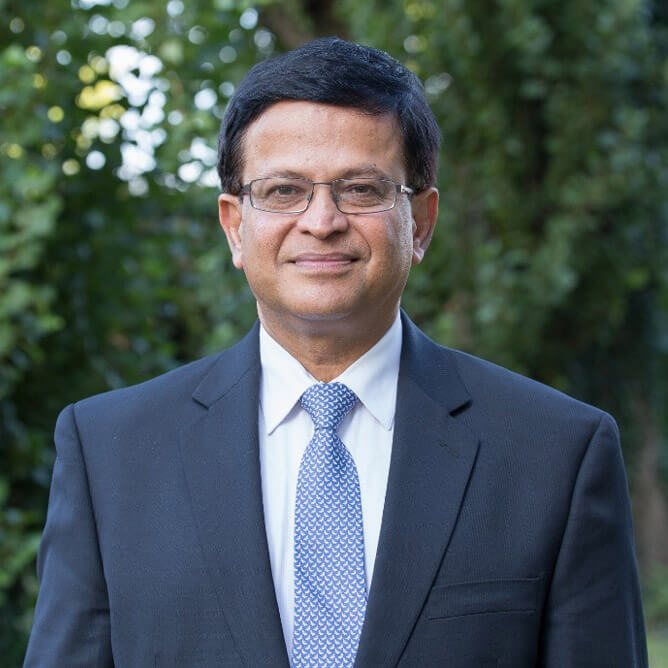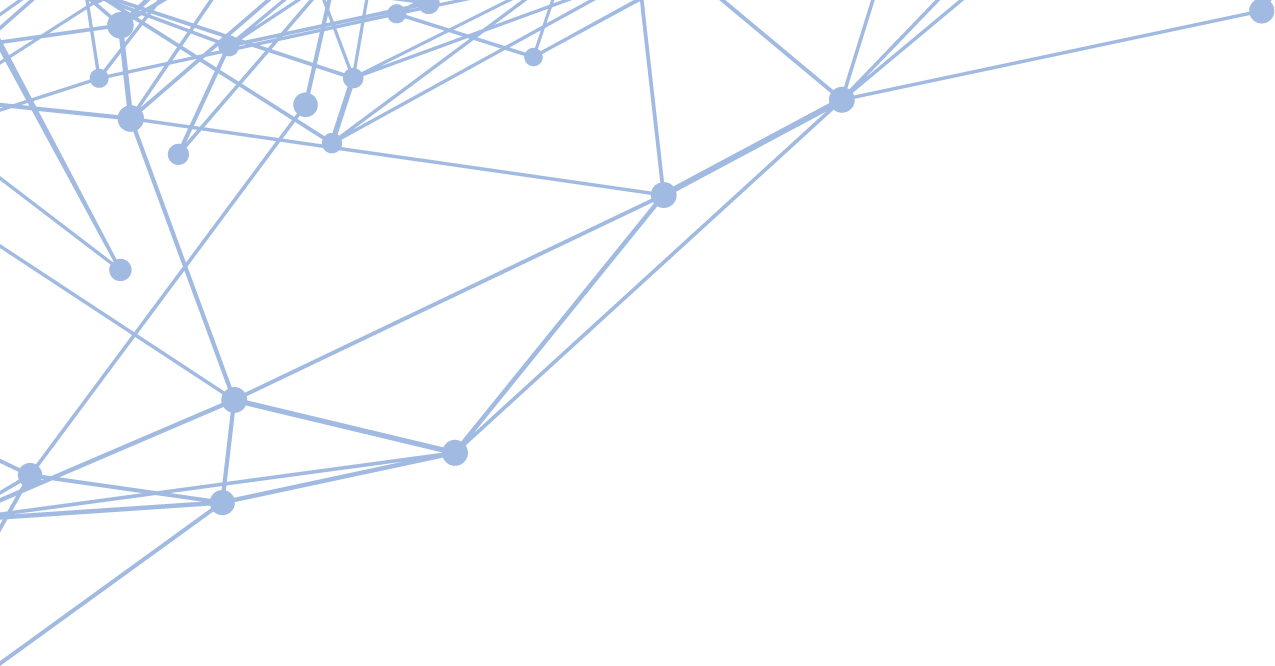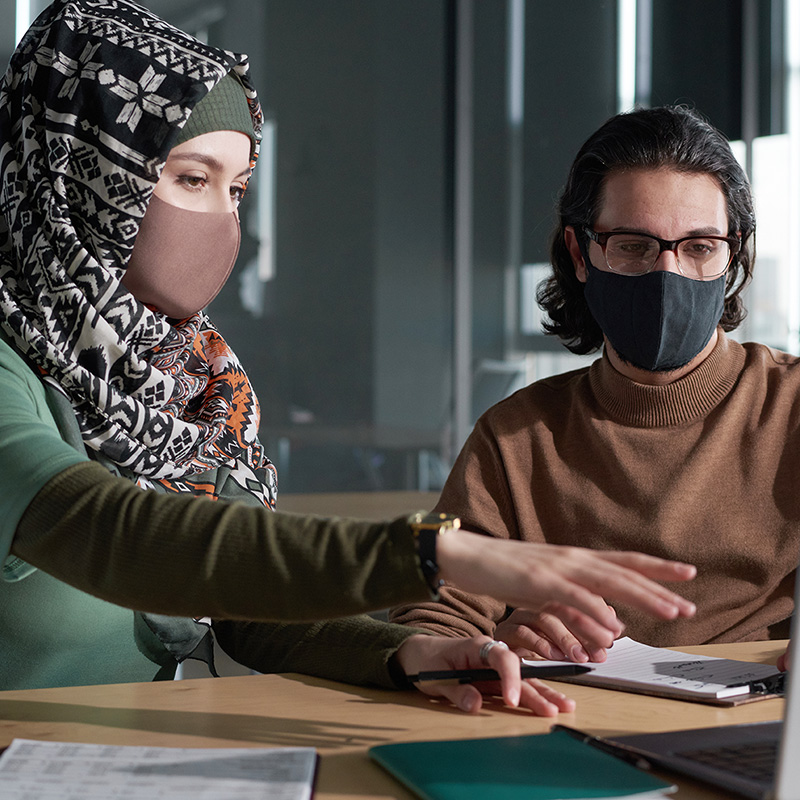Our Primary Output
Trained Beneficiaries
We provided learning, training and knowledge-sharing services to 322,410 individuals in 2020, representing a 142% increase from 2019 figures.
65% of UNITAR’s overall beneficiaries were associated with events having specific learning outcomes, representing an increase of 127% in this category.
This increase is attributed largely to the continued delivery of the introductory e-Learning course on climate change administered in partnership with agencies of the One UN Climate Change Learning Partnership.
The proportion of participants from broader knowledge-sharing and other events (e.g., conferences, public lectures, meetings) slightly increased during the 2019 to 2020 period and represents around one third of UNITAR’s beneficiaries.








